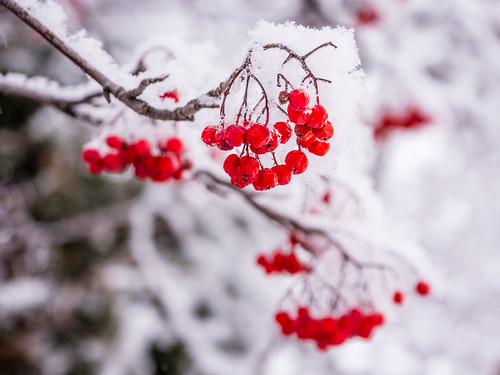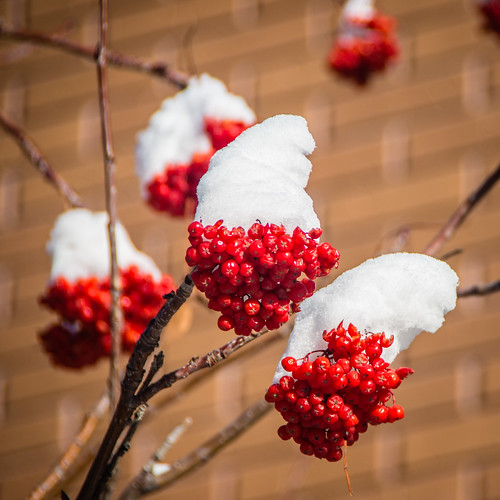Tuesday, 10 December 2019
EcoSask News, December 10, 2019
Upcoming Events
Climate Strike Organizing, Dec. 12 (Regina)
Help plan future climate strikes in Regina from 5-7 pm, Dec. 12.
Pronghorn & Connectivity, Dec. 18 (webinar)
A webinar on pronghorn: a focal species for grassland connectivity will be offered at noon, Dec. 18, by the Saskatchewan Prairie Conservation Action Plan.
Looking Ahead
Kalium Observatory, Feb. 3 (Regina)
Sign up before Feb. 1 for a visit with Nature Regina to the Kalium Observatory from 7-8:30 pm, Feb. 3, hosted by the Royal Astronomical Society Regina Centre.
Project Wild/Below Zero, Feb. 8 (Regina)
SaskOutdoors is offering a Project Wild/Below Zero workshop from 9:30 am-4 pm, Feb. 8, in Regina.
A full list of upcoming events can be found on the EcoFriendly Sask Calendar
In the News
Maintaining grasslands near agricultural fields can boost crop production; improve biodiversity, soil health, and water quality; and support pollinators and predators that will control pests.
Lorne Scott, farmer-conservationist, confirms that agricultural drainage is destroying wildlife habitat.
“We often view mosquitoes as bloodsuckers that do nothing but make our lives miserable.” However, “indiscriminate mass elimination of mosquitoes would impact everything from pollination to biomass transfer to food webs.”
“Soil is a breathing, squirming, thriving, living thing. It gives back to its environment and helps it survive and thrive. That interconnection is important in a world where we are increasingly disconnected from nature.” Do we lose that connection with soil-less agriculture?
Michigan’s second-highest court has ruled that bottled water is not an essential public service or a public water supply, making it harder for Nestlé to privatize water.
“I looked down at the plastic chair I occupied and saw my gray stretchy corduroy pants, and I realized that both the chair and my clothing were made from the same raw material: oil. I looked at the carpet beneath my feet—it was also made of oil. . . . I had a sudden image of a wardrobe that would be made from natural fibers and dyes grown within a strategic area centered on where I lived.”
“The most effective planning choices are not always the most popular.” To reduce traffic congestion, you need to remove car lanes, restrict traffic, and improve public transit.
The world’s first funerary human composting facility is slated to open in the spring of 2021 in Washington state.
EcoSask News is a weekly round-up of local news and events. Email us if you have items you would like us to include.
You can follow EcoFriendly Sask by liking us on Facebook, following us on Twitter, or by email (top right corner).
Labels:
Advocacy,
Agriculture,
Astronomy,
Education,
Grasslands,
Insects,
Oil,
Regina,
Soil,
Transportation,
Waste,
Water,
Wetlands

